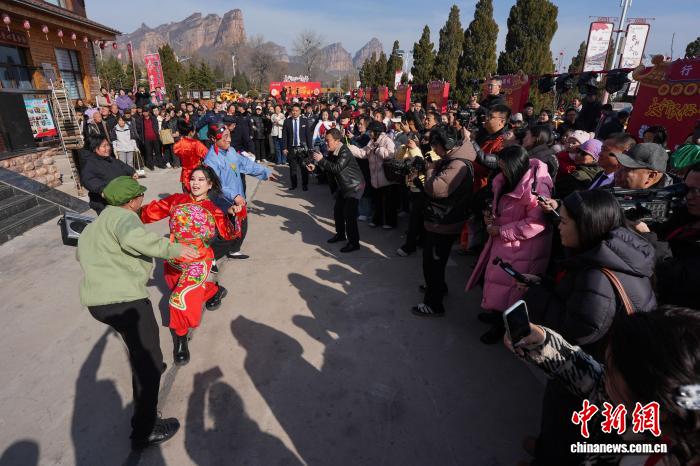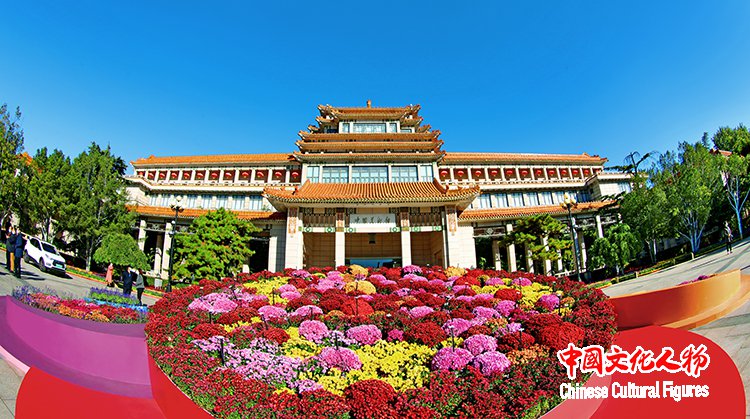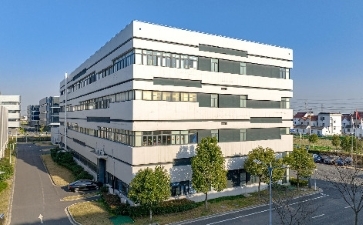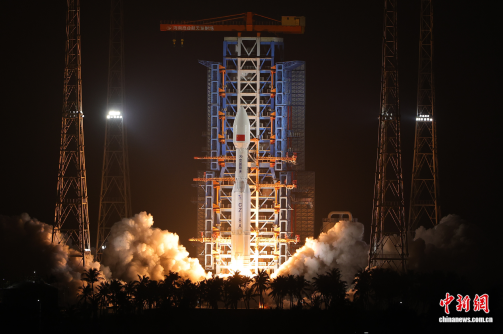Guangdong maintains dominance in China's agricultural e-commerce
2025-05-14 22:15:28
|
来源:GD TODAY
Guangdong Province, China's economic powerhouse, has solidified its position as the nation's agricultural e-commerce leader for the sixth consecutive year, according to a recently released agricultural e-commerce market insight report.
The report states that the province's online agricultural sales surged to RMB 312 billion in 2024, accounting for 19.5% of the national total.
It highlights that Guangdong's success hinges on a "triple-core" matrix: tropical fruits, value-added processed goods, and culturally branded products.
The report states that the province's online agricultural sales surged to RMB 312 billion in 2024, accounting for 19.5% of the national total.
It highlights that Guangdong's success hinges on a "triple-core" matrix: tropical fruits, value-added processed goods, and culturally branded products.


Photo: Nanfang Plus
Agricultural produce such as Maoming's lychees, Xuwen's pineapples, and Zhanjiang's prawns dominated national e-commerce sales. For example, Maoming's lychee industry, utilizing cold-chain logistics and blockchain traceability, has expanded into premium international markets, becoming a global benchmark for Chinese specialty produce.
Additionally, Chaozhou's Fenghuang Dancong tea and Deqing's tangerines have transformed traditional agriculture through live-streaming e-commerce and digital marketing, appealing to younger consumers.
Moreover, Xinhui's dried tangerine peel, a herbal-culinary staple, has merged financial innovation with cultural storytelling, creating a billion-yuan industry.
The report also indicates that Guangdong's agricultural e-commerce sector boasts a trifecta of advantages—cutting-edge logistics infrastructure, proactive policy support, and a dual-engine consumer market—that have propelled it to national leadership.
The Pearl River Delta region, anchored by the logistics hubs of Guangzhou, Shenzhen, and Foshan, forms the backbone of its supply chain. Leveraging the region's economic dynamism and interconnected transportation infrastructure—including high-speed rail, expressways, and smart warehouses—the area achieves lightning-fast "24-hour delivery" services across major cities in Southern China.
The sector's growth is further fueled by robust state support through Guangdong's rural revitalization initiative. The provincial government allocates hundreds of millions of yuan annually in specialized funds to modernize logistics, upgrade digital infrastructure, and train rural e-commerce talent.
Tax incentives—including reduced VAT and corporate income tax rates—empower businesses, with companies specializing in processed agricultural products or live-streaming sales receiving preferential policies.
Reporter | Chen Jinxia
Editor | Hu Nan, James, Shen He
Agricultural produce such as Maoming's lychees, Xuwen's pineapples, and Zhanjiang's prawns dominated national e-commerce sales. For example, Maoming's lychee industry, utilizing cold-chain logistics and blockchain traceability, has expanded into premium international markets, becoming a global benchmark for Chinese specialty produce.
Additionally, Chaozhou's Fenghuang Dancong tea and Deqing's tangerines have transformed traditional agriculture through live-streaming e-commerce and digital marketing, appealing to younger consumers.
Moreover, Xinhui's dried tangerine peel, a herbal-culinary staple, has merged financial innovation with cultural storytelling, creating a billion-yuan industry.
The report also indicates that Guangdong's agricultural e-commerce sector boasts a trifecta of advantages—cutting-edge logistics infrastructure, proactive policy support, and a dual-engine consumer market—that have propelled it to national leadership.
The Pearl River Delta region, anchored by the logistics hubs of Guangzhou, Shenzhen, and Foshan, forms the backbone of its supply chain. Leveraging the region's economic dynamism and interconnected transportation infrastructure—including high-speed rail, expressways, and smart warehouses—the area achieves lightning-fast "24-hour delivery" services across major cities in Southern China.
The sector's growth is further fueled by robust state support through Guangdong's rural revitalization initiative. The provincial government allocates hundreds of millions of yuan annually in specialized funds to modernize logistics, upgrade digital infrastructure, and train rural e-commerce talent.
Tax incentives—including reduced VAT and corporate income tax rates—empower businesses, with companies specializing in processed agricultural products or live-streaming sales receiving preferential policies.
Reporter | Chen Jinxia
Editor | Hu Nan, James, Shen He
郑重声明:本则消息未经严格核实,也不代表本站观点,本站不承担任何法律责任。
 最新热点
最新热点
-
遇见广州,解锁未来都市的N种模样 | 粤见APEC
-
独家视频丨习近平同乌拉圭总统奥尔西举行会谈
-
独家视频丨习近平同乌拉圭总统会谈:持续深化全面战略伙伴关系 加强全球南方团结协作
独家视频丨习近平同乌拉圭总统会谈:持续深化全面战略伙伴关系 加强全球南方团结协作
最新热点2月3日上午,国家主席习近平在北京人民大会堂同来华进行国事访问的乌拉圭总统奥尔西举行会谈。 习近平指出,中国有句古语,“相知无远近,万...
-
独家视频丨习近平同乌拉圭总统会谈:你是中国人民的好朋友 也是今年首位访华的拉美国家元首
独家视频丨习近平同乌拉圭总统会谈:你是中国人民的好朋友 也是今年首位访华的拉美国家元首
最新热点2月3日上午,国家主席习近平在北京人民大会堂同来华进行国事访问的乌拉圭总统奥尔西举行会谈。 习近平指出,38年前的今天,中乌实现建交。38年来,无...
-
广东这个千年古县,韩愈来了都说好














 北京将打造现代化首都都市圈 壮大先进制造业集群
北京将打造现代化首都都市圈 壮大先进制造业集群
 中国“个性年货”俏销 多元供给精准对接需求
中国“个性年货”俏销 多元供给精准对接需求
 中国成功发射卫星互联网低轨18组卫星
中国成功发射卫星互联网低轨18组卫星
